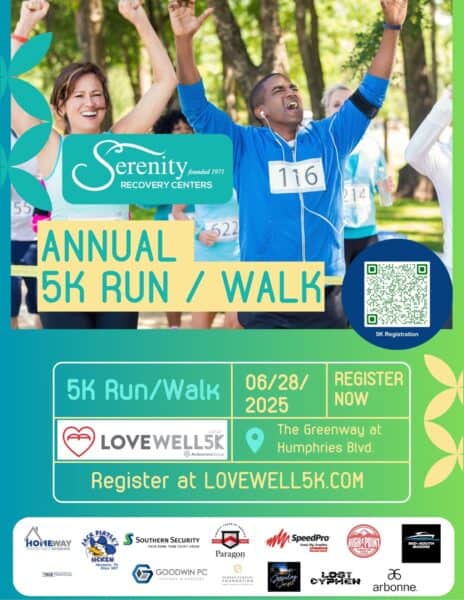Depression and addiction are often linked. Symptoms of depression can drive people toward substance abuse to help cope with their condition. However, self-medicating with drugs or alcohol usually leads to a downward spiral and addiction. The more you understand about depression and its relationship to addiction, the more prepared you’ll be to get yourself or loved ones the help needed to treat depression in a healthy and productive way.
Understanding Depression
Depression is quite common among people battling addiction. But substance abuse can trigger or intensify the feelings of loneliness, sadness, and hopelessness associated with depression. An estimated 1/3 of people with major depression are alcoholics. Clinical depression can last for weeks, months, and even years. It can interfere with a person’s ability to work and maintain healthy relationships.
What Depression and Addiction Have in Common
Many elements of depression overlap with the signs of addiction.
Both addiction and depression can cause a person to:
- Isolate themselves
- Give up social activities and hobbies
- Refuse to acknowledge a problem
- Experience issues with personal relationships
For individuals suffering from depression, it can be extremely tempting to want to relieve the
symptoms with drugs or alcohol.
What are the Most Common Types of Depression?
- Major Depression – 7% of the nation’s population is affected by major depression. Symptoms include extreme sadness, lack of energy, irritability, and insomnia.
- Dysthymia – Considered a milder form of depression, people with dysthymia suffer from a constant “gloomy mood” that lasts more than two years. Because it’s a chronic condition, it may lead to major depression.
- Seasonal Affective Disorder – Mostly occurring during the winter months, SAD is a type of depression associated with light variations. People with SAD may experience anxiety, mood changes, overeating, and sleep problems.
- Atypical Depression – People with atypical depression experience symptoms of depression, however, their mood is briefly uplifted with the news of a positive event. But during the lows, people with atypical depression can feel suicidal.
Common Symptoms of Depression
People suffering from depression have a 10 percent lifetime suicide risk. When combined with substance abuse, suicide risks rise to nearly 25 percent.
Depression symptoms include, but are not limited to:
- Loss of interest in work, hobbies, and goals
- Feelings of uselessness, hopelessness, and pessimism
- Irritability
- Trouble concentrating
- Insomnia
- Changes in appetite and weight
How to Diagnose Depression
There are several ways doctors can diagnose depression. Tests can pinpoint the type of depression and determine a good treatment plan.
- Physical Exam – This will reveal if there are any underlying health conditions that may be contributing to depression.
- Lab Tests – Blood tests can eliminate or expose a variety of underlying health conditions.
- Psychological Evaluation – Mental health professionals may have patients complete a questionnaire to learn more about their symptoms. The results can be insightful in determining the severity of the depression.
Do You or a Loved one Show Signs of Depression?
Depression is real and can ruin lives. If you feel depressed or have a loved one that is showing signs of depression, there are many resources available to help. Pairing depression with drugs or alcohol never ends well. If you’re not sure where to start call the Substance Abuse and Mental Health Services Administration. It’s a FREE 24/7, 365-day-a-year treatment referral and information service. Somebody will listen to you and connect you with resources in your area that can help.
Are you or a loved one struggling with alcohol or other drugs? Call us to speak confidentially with a recovery expert now: (901) 521-1131 or visit our website serenityrecovery.org
